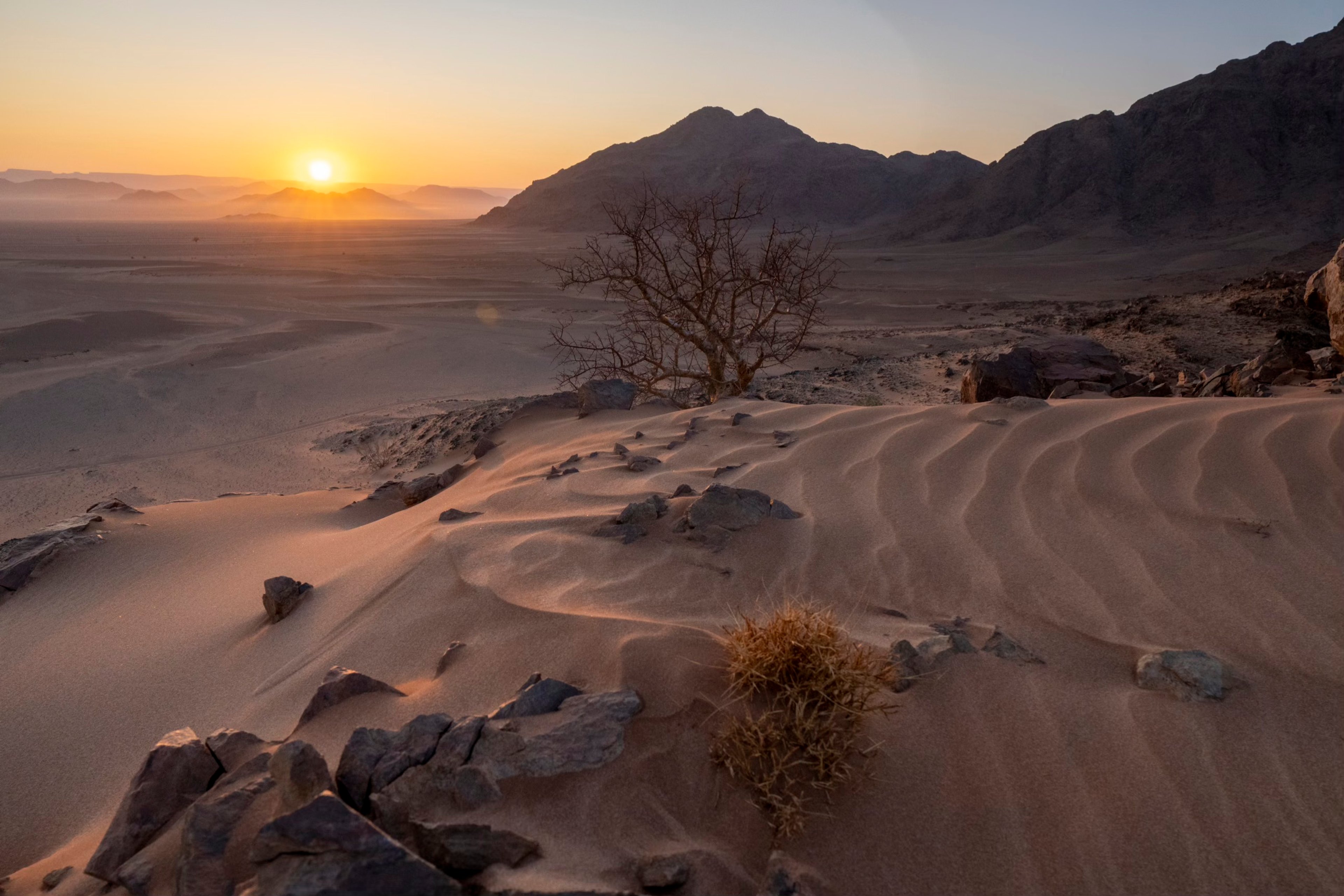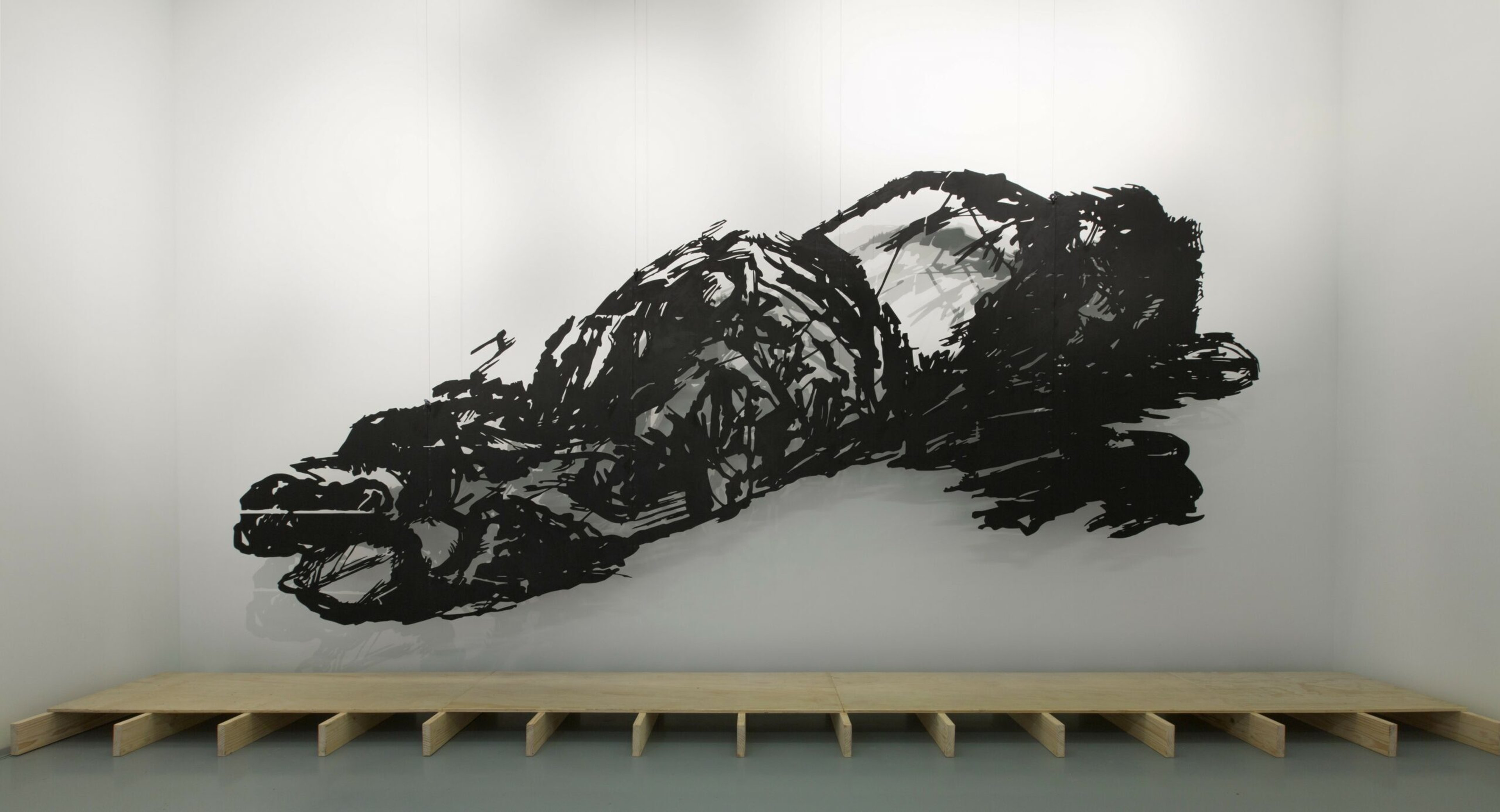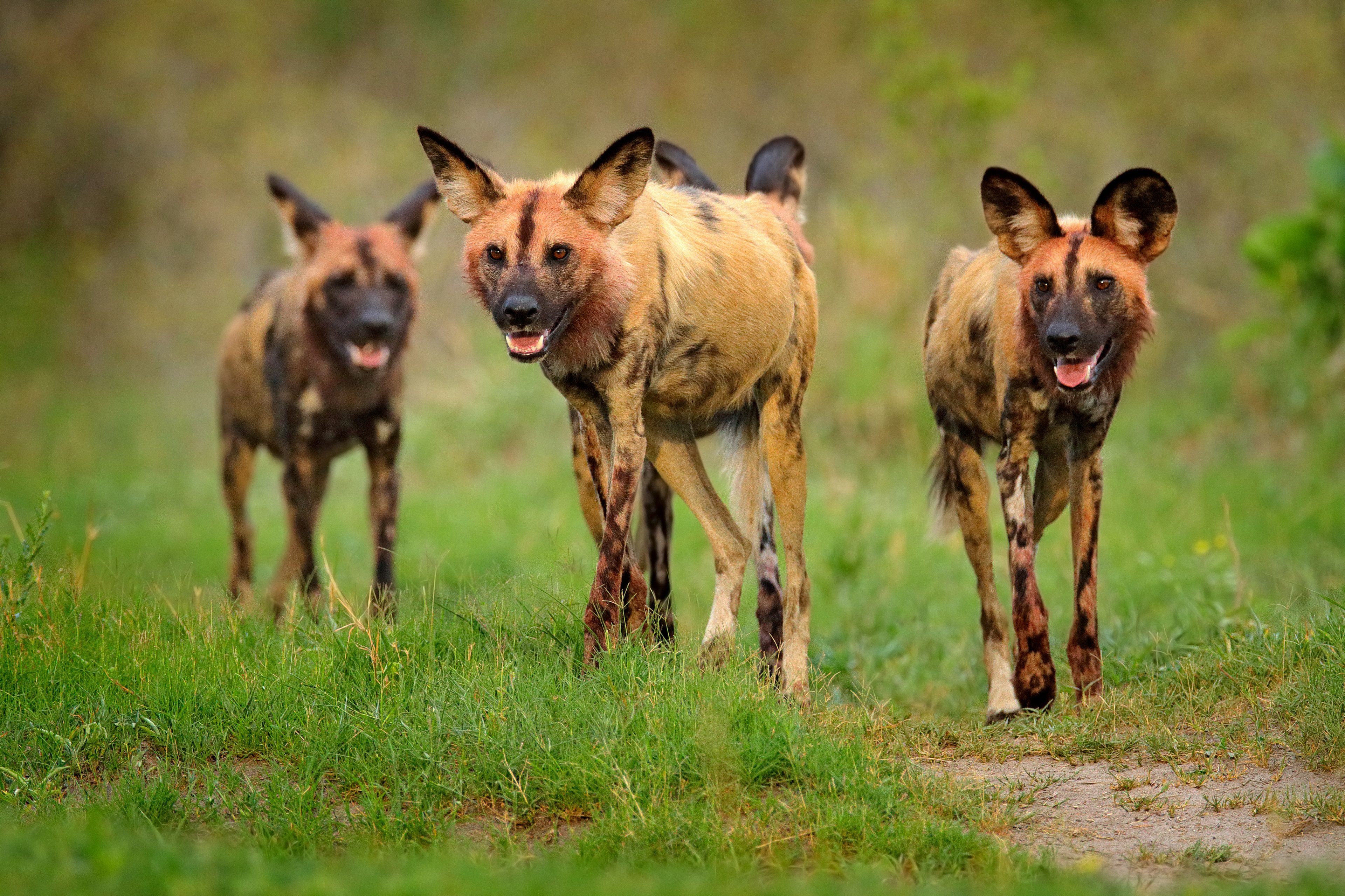“I'm not naive enough to think I can change the world, but I have to play my part in the process as a Zimbabwean.” – Virginia Sibanda
In April, I went home to Zimbabwe. But I didn’t go alone. A global group of female mavericks, many of whom are repeat guests and now dear friends, joined me on our fourth annual Women’s Empowerment Retreat at Singita Pamushana.
I’m struggling to find the words to describe the deep shifts that occurred in all of us. Our hearts cracked open. Our souls were sated. Our lives changed. Pure, palpable beauty.
I’ve opened this missive with the words of a woman transforming rural Zimbabwean women’s economic futures – VIRL founder and CEO Virginia Sibanda. And as she rightly states, we can’t change the entire world, but we can play our part to change some of it (as much of it as humanly possible) for the better. ROAR AFRICA’s core tenet is, “If African women rise, wildlife will thrive.” After five days of talks, stories, reflection, understanding, and enormous expansion, our connection to one another and to this earth deepened. The cumulative impact of this annual trip is profound. We’re playing our part. We're changing this small corner of the world that is so indescribably personal to me and to Emily Capon, Singita Pamushana’s extraordinary GM who so graciously hosted our group.
Houses of stone
The name Zimbabwe comes from the Shona “dzimba dza mabwe” or houses of stone. I’ve always loved my country’s name; it suggests that we Zimbos are solid, here to stay. We’re quick to forgive, rise up, and just get on with it – even eager to do so. To gather a group of visionary women speakers that represented the best of my country in the sublime wilderness setting of the Malilangwe was incredibly important to me. And after listening and learning from these powerhouses – Winnie Muchanyuka, CEO of Zimbabwe Tourism Authority; Virginia Sibanda, CEO of VIRL Financial Services; Dr Moreangels Mbizah, zoologist and founder of Wildlife Conservation Action; Tikki Hywood Foundation; Sarah Clegg, an ecologist at the Malilangwe Trust; Mona Muravu, founder of the Girl Child Empowerment Trust; entrepreneur Diane Chimboza, co-founder of Under the Influence; and Shelley Warth, co-founder of RESCUWS – my mind was blown. The pride I felt was indescribable. These women’s roots stretch deep into Zimbabwe’s red soil. The seeds they’re sowing through their endeavors are transforming the daily experiences of Zimbabwean women and, in turn, the trajectory of my homeland, a place that we all love, yet so often maligned on the global stage.
Transforming the trajectory
I could fill several books with stats and stories of the tangible impact and winds of change these women bring to Zimbabwe, but instead, I’ll give a brief snapshot in the hopes that our readers will follow, support and broaden further the ripples.
Since founding VIRL in 2010, Virginia has uplifted 14 000 economically active but economically underprivileged rural women from poverty through a microfinance model, and upskilled a further 10 000 through her foundation. She explains, “Women are the pinnacle of rebuilding our country, we want them to feel capable… to think, ‘I’m going to send my children to school, tonight we’re going to eat’.”
And for those children who do attend school, many have parents working abroad to pay for an education too often interrupted by lack of access to female health products, teenage pregnancy, or child marriage. Mona Muravu and Shelley Warth’s two distinct initiatives meet these fundamental needs. A shocking 72% of rural Zimbabwean girls have no access to menstrual products, and 62% regularly miss school as a result. Many don’t even have any undergarments to wear. RESCUWS supplies these girls with sustainable packs of washable pads lasting up to five years. “These girls are so deprived. It’s such a difficult life. Realizing the joy that bringing a little bag of reusable sanitary bags brings to them is an eye opener and a heart opener. There’s a lot we can do to change their lives,” Shelley said. We saw those sparks of joy first-hand when we donated 300 pairs of underwear to RESCUWS.
Mona Muravu’s Girl Child Empowerment Trust works as a summer camp for a group of 32 girls from seven schools, who learn essential life skills and sexual health education which they in turn teach their classmates back at school. Our guests and these bright young minds sat together beneath the trees, sipped tea, and tucked into lemon biscuits, reminding me of the school breaks of my own childhood. We listened to the dreams, aspirations, and worldview of these girls growing up in a remote, deeply rural corner of Zimbabwe – so similar and yet so different from my own, imagined on a farm just a few hours away, 30 years ago. To see the sheer delight that these students felt at meeting new women from across the world, and feeling heard, reinforced the enormous privilege I hold in sharing the homeland of my early years with guests from my adult home, America.
The sanctity of the wild
But of course, so much of Zimbabwe’s success depends not just on the education and empowerment of its women but on the preservation of its wildlife – an issue that feels all the more urgent in a spectacularly beautiful, totally secluded, and untamed landscape like the Malilangwe.
Dr Mbizah, Lisa Hywood, and Sarah Clegg’s conservation work form the bedrock of not just the biodiversity and spiritual health of a nation but of the tourism on which Zimbabwe’s economy depends – to which Winnie Muchanyuka, who is working so tirelessly to open up more access to our country, will attest.
To explore the Malilangwe and experience lions, rhinos, and, if you’re extraordinarily lucky, pangolins in the wild is proof positive of the persuasive power of the human spirit. These creatures, hunted relentlessly for their horns and scales and too often killed in flares of human-wildlife conflict, are thriving here, thanks to the work of hundreds of rangers, ecologists, conservationists, and guides, like the inimitable Tovhi Mudau – our incredible female guide who flew up from South Africa to lead us. On this retreat, we saluted these saviors of the wild… and, in the process, inspired Tichaedza “Tich” Zinyemba, a waitress at Singita Pamushana, to change her trajectory and become a guide. These moments matter. This work is critical to the health and biodiversity of our fragile planet. Without the wild, we will experience a profound loneliness of spirit.
In the spirit of continuing to play our part in protecting these landscapes and powering conservation efforts, ROAR AFRICA donated to Dr Moreangels Mbizah’s work with lions and efforts to reduce human-wildlife conflict. As well as to a new data tracking system for the Malilangwe’s rhinos, which we were so fortunate to see thriving in their natural environment thanks to the ceaseless vigilance of Sarah and the rangers, many of them ex-poachers themselves.
Empowerment that illuminates and educates
These annual Women’s Empowerment Retreats not only act as an agent of change, transforming the lives of women and wildlife in Africa, they’re also tremendous fun. Together we ran through the wilderness with the anti-poaching team, most of us crying with laughter, trying to keep up. We basked in the fiery, orange glow of the sunsets that belong so singularly to Zimbabwe. We floated on the lake with hippos bobbing around us. We sat quietly, eyes wide with wonder, in the company of elephants and 1 000 year-old baobab trees. We experienced rest and reignited the magic of living. Life experiences were shared and new friendships forged on African soil – solid, just like houses of stone.
Moments of illumination and empowerment, like Tich experienced that week, are the “why” behind this annual retreat. And while I’ve tried to share the sheer emotion of bringing a tenacious group of women united in their quest to better the lives of young girls and women to my home, I don’t think there are words to convey my pride and gratitude in being able to share this land and these people. My people.




